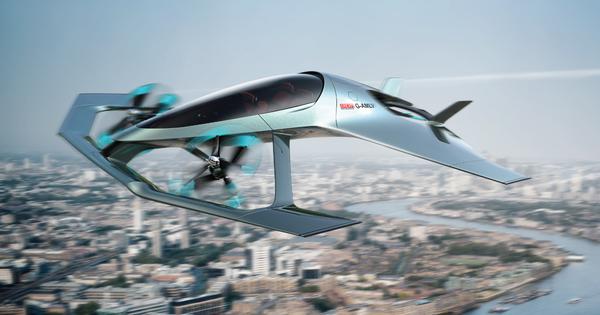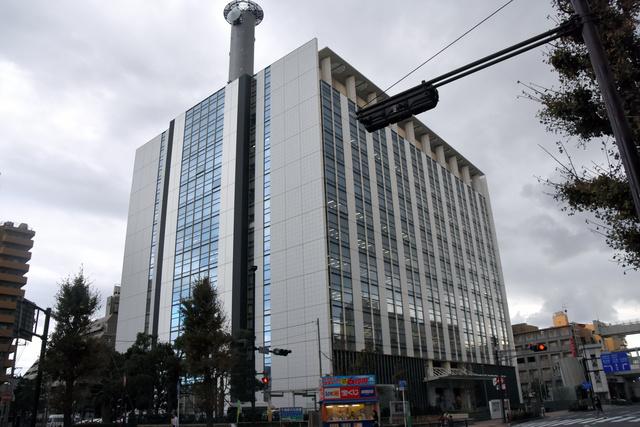NEDO, KDDI, Parsol P & T succeeded...
04
04
NEDO, KDDI, Parsol P & T succeeded in managing the operation of 52 drones flying simultaneously in 13 regions nationwide-Drone Journal
On November 24, 2021, the New Energy and Industrial Technology Development Organization (NEDO), KDDI, and Parsol Process & Technology (hereinafter Parsol P & T) will simultaneously fly a total of 52 drones in 13 regions, which is the largest in Japan. A demonstration experiment for flight management was conducted on October 27, and it was announced that it was successful.
The demonstration was carried out by utilizing the "Project for Realizing an Energy-Saving Society in which Robots and Drones Play an Active Role (DRESS Project) / Demonstration Project for Operation Management Systems Considering Regional Characteristics and Expandability". In anticipation of "unassisted out-of-sight flight in manned areas" (hereinafter referred to as "level 4"), which is scheduled to be developed in 2022, we have developed an operation management system that controls multiple drones to fly safely, and its effectiveness. Was verified.
As a result, it was confirmed that the flight management system can be operated nationwide in terms of both functions and operations, and that flight management operations such as avoiding multiple drone collisions can be performed. We also examined the various needs of each region and how to utilize drones.
Based on the results obtained this time, the three parties plan to proceed with the preparation of guidelines for social implementation of flight management systems and establishment of sustainable business models toward January 2022.
Image of the entire project (Hakusan City, Ishikawa Prefecture, Tsushima City, Nagasaki Prefecture conducted demonstration in early November) Demonstration (KDDI official YouTube channel)
The "Public-Private Council for Improving the Environment for Small Unmanned Aerial Vehicles" established by the government formulated the "Roadmap 2020 for the Industrial Revolution in the Sky" in July 2020, and will reach Level 4 by 2022. We have established a policy to realize it, and are working on the environmental improvement and technological development necessary for operating drones in a Level 4 environment.
NEDO has been promoting this business since FY2017, and in December 2020, it adopted the proposals of KDDI and Parsol P & T as research and development to demonstrate the flight management function that was developed in advance in the actual environment. In March 2021, a preliminary demonstration was conducted to collect the flight status of a total of nine drones in the three regions of western Japan (Hyogo prefecture), eastern Japan (Miyagi prefecture), and disaster assumption (Mie prefecture) using the flight management system. There is. This year, we have further promoted this project by adding 10 regions adopted by open recruitment.
In the demonstration experiment, the flight management system controlled multiple drones and verified that they could fly safely. On the day of the event, assuming specific use cases such as monitoring, inspection, and logistics for each region, a total of 52 drones were flown in a total of 13 regions, and flight management was carried out from within KDDI's office in Toranomon, Minato-ku, Tokyo.
As a result, it was confirmed that the flight management system can be operated nationwide in terms of both function and operation, and that management work such as collision avoidance can be performed in the sky where multiple drones fly. In addition, we examined the various needs of each region and how to utilize the drone.
In the future, the three parties will identify issues for social implementation of the flight management system in line with the "Roadmap 2021 for the Industrial Revolution in the Sky" compiled by the Public-Private Council, and flight management to establish a sustainable business model. The company plans to work on the implementation of requirements and the creation of guidelines for advancing them (scheduled for January 2022). Utilize the created guidelines to promote the creation of rules for the development of the industry and problem solving.


![[Kill personally developed games] Top class in app history! Too beautiful water puzzle "a [Q] ua" | Famitsu App for smartphone game information [Kill personally developed games] Top class in app history! Too beautiful water puzzle "a [Q] ua" | Famitsu App for smartphone game information](https://website-google-hk.oss-cn-hongkong.aliyuncs.com/drawing/article_results_7/2022/3/3/66755df992ff2d2b1e1ab43844ef9f88_0.jpeg)





![[Latest in 2021] 10 recommended seat covers for cars!If you want to improve the texture and functionality of the car, choose the mounting type and material. [Latest in 2021] 10 recommended seat covers for cars!If you want to improve the texture and functionality of the car, choose the mounting type and material.](https://website-google-hk.oss-cn-hongkong.aliyuncs.com/drawing/article_results_7/2022/3/3/e5b44589e77141f3a633189165fb6f60_0.jpeg)